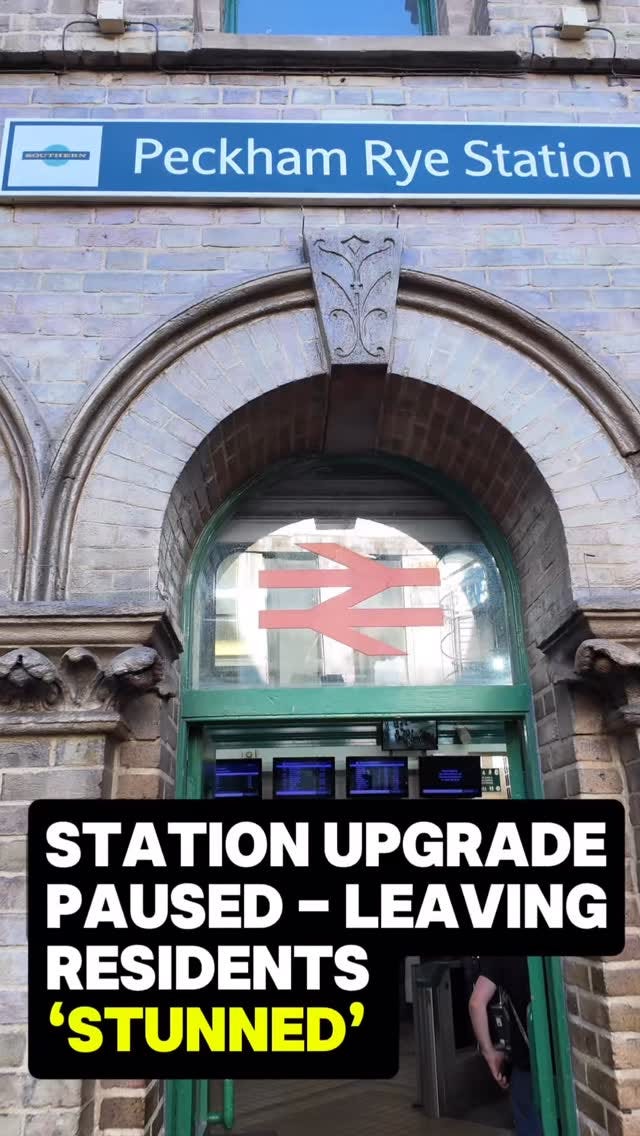Nothing About Us Without Us
Echo Chambers versus Real Representation
You can listen to the newsletter here:
The last newsletter, “10 Life Lessons on Accessibility,” sparked numerous conversations and initiated many new subscribers. Welcome, everyone, and thank you to everyone who responded to the text or forwarded it!
So I thought I would explain a bit more and answer some questions and responses.
The “ Accessibility benefits everyone” debate: When Nuance Gets Lost
Several readers challenged my criticism of the “accessibility benefits everyone” argument, pointing out that digital accessibility genuinely does improve usability for all users - better structure, colour choices, navigation. They’re not wrong about the outcomes, but outside digital accessibility, it’s not always the case, and even with digital accessibility, there are features that benefit mainly disabled people, such as videos with sign language.
Yes, curb cuts help people with pushchairs. Yes, captions help people in noisy environments. Yes, clear signage helps everyone navigate more easily. But here’s the thing: when we lead with “benefits everyone,” we’re essentially saying that disabled people’s needs only matter if they coincidentally help non-disabled people too.
It’s the difference between designing for everyone and designing for disabled people with incidental benefits for others. One approach centres on disability rights; the other makes them conditional on broader utility.
One reader suggested this framing might be “a lever of persuasion for change, as people are often closest to themselves.” They’re right that it can be strategically useful. But a strategy that undermines the fundamental argument - that disabled people deserve access as a matter of human rights. The moment we need to justify disabled people’s inclusion by pointing to benefits for others, we’ve already lost the rights-based argument.
We don’t do this with other groups of people. We don’t try to argue that playgrounds are for grown-ups or that urinals are benefiting women somehow. We recognise that various groups have distinct needs and try to meet them.
Breaking Out of Echo Chambers
“That’s often more difficult than one thinks,” wrote one reader about “Nothing About Us, Without Us.” They pointed out that “accessibility needs a lobby” to find space in public consciousness.
This highlights a crucial distinction: the difference between having a lobby and having genuine representation. Lobbies speak for groups; authentic representation means those groups speak for themselves and use their unique lived experience of disability to improve the status quo.
Yes, it’s challenging to ensure genuine inclusion. Still, the solution isn’t to create more intermediary voices - it’s to actively seek out and platform the voices that already exist but aren’t being heard in mainstream spaces. That also means building relationships with the disability community and not just going for tokenism when it’s needed.
Social media is a great starting point for that. For many disabled people, these online spaces are an easy-to-access community, a place to share experiences and organise. The problem isn’t that we’re in bubbles - it’s that non-disabled people aren’t making the effort to step outside their own. To determine how well an airport, station, or transport company delivers accessibility and inclusion, check X and other relevant platforms. For example, Euston Station in London has such a bad reputation that it even has its own hashtag, #EustonWeHaveAProblem, on social media about failed assists.
And when it comes to accessibility advisory groups, a proper application process is key. Do you want people who nod along or people your organisation can actually benefit from? While lived experience is important and key, competence and understanding of the environment in which an organisation operates are also important, just to mention one point. And I can’t emphasise enough how important a progressive understanding of disability and the social model is. Someone with a medical model mindset will not further an organisation’s development on inclusion.
Examining Motivations: The PLOD Question
Several readers spent considerable time reflecting on my point about PLODs (People Living Off Disabled people). This self-reflection is exactly what I want to see more of.
Here’s how I distinguish between genuine allies and PLODs:
Genuine allies amplify disabled voices, share power and resources, listen more than they speak, and continue the work even when no one’s watching. They are purpose- not PR-driven.
PLODs centre themselves in the narrative, speak over disabled people, collect awards and recognition for “helping,” and disappear when the work gets difficult or unglamorous. And virtually all of them follow the medical model of disability because the social model doesn’t work with the PLOD narrative.
The fact that readers are questioning their own motivations suggests they’re in the first category. PLODs rarely engage in this level of self-examination.
The Language Dilemma: When Avoidance Causes Harm
Several readers admitted struggling with certain terminology, with one writing: “I find it difficult to use certain terms, not because they apply but because I feel like I’m already verbally separating by focusing on one of many aspects.”
This is where good intentions can cause real harm. When non-disabled people avoid saying “disabled,” they’re not protecting us from stigma - they’re reinforcing it. The message becomes: “This word is so terrible that I can’t even say it.”
The problem isn’t the word “disabled” - it’s the shame and stigma society has attached to it. By avoiding the term, we perpetuate that shame instead of challenging it.
My disability isn’t one aspect among many that I’d prefer you ignore. It’s a fundamental part of my identity and experience. When you avoid naming it, you’re asking me to make myself smaller for your comfort.
From Reactive to Proactive
Readers raised an excellent point: “Wouldn’t the goal be precisely that the focus on accessibility transitions into societal normality? So that one considers needs proactively rather than reactively?”
Absolutely. The ultimate goal is a world where accessibility is so embedded in how we design, build, and think that it becomes invisible - not because disabled people don’t exist, but because their needs are automatically considered from the start.
But here’s the tension: we can’t leap from our current reality of widespread exclusion to that future vision without acknowledging where we are now. We’re still fighting for basic access, basic recognition, basic rights. We can’t skip the “accessibility is a process” stage and jump straight to “accessibility is normal.”
The path to proactive inclusion runs through reactive accommodation. We need both the immediate fixes and the long-term cultural shift.
The Value of Uncomfortable Conversations
What struck me most about these responses wasn’t the specific points raised, but the approach to the conversation. Readers didn’t dismiss ideas that made them uncomfortable or try to explain away their privilege. They sat with the discomfort and used it as a starting point for learning.
This is what real dialogue looks like. Not the performative debates. It was a genuine engagement with ideas that challenge our existing frameworks.
Some interesting links
The Minderoo Centre for Technology and Democracy at the University of Cambridge has published a new report, BSL is not for Sale: a Deaf-led approach to AI procurement. Minderoo is an independent research team at Cambridge that studies how technologies reshape power, society, and the planet. The report sets out practical principles considering AI systems that generate or interpret British Sign Language.
Train stations in the North are set to be made more accessible after wheelchair user Doug Paulley, who was left stranded while travelling, took on a legal battle.
Ramps which allow step-free access for aircraft travelling to Guernsey are being introduced at Southampton and London Gatwick airports.
Something to watch
Disabled and elderly people are faced with stairs if they want to use Peckham Rye Station. Plans to install lifts were shelved this year by Network Rail due to a lack of funding. Peckham Rye is the busiest interchange station in the country without step-free access.
Some final words
The Accessible Link is a reader-supported publication.
Who is writing this newsletter?
I’m Christiane Link, and I improve the customer experience in aviation, transport, and travel. I worked as a journalist for over two decades and travelled extensively for business and leisure. I’m a wheelchair user.
Work with me
Whether you're a Customer Service Director, a Head of Customer Experience, a corporate Accessibility Manager, a DEI leader, a transport planner, or a member of a disabled employee resource group, I can help you make your organisation more inclusive. You can book me for speaking engagements or hire me as a consultant for your accessibility or DEI strategy, communications advice and other related matters. I have worked for airlines, airports, train operators, public transport providers, and companies in other sectors.
If you want to read more from me, follow me on LinkedIn, Twitter, Bluesky or Mastodon. You can also reply to this email if you want to contact me.
.





